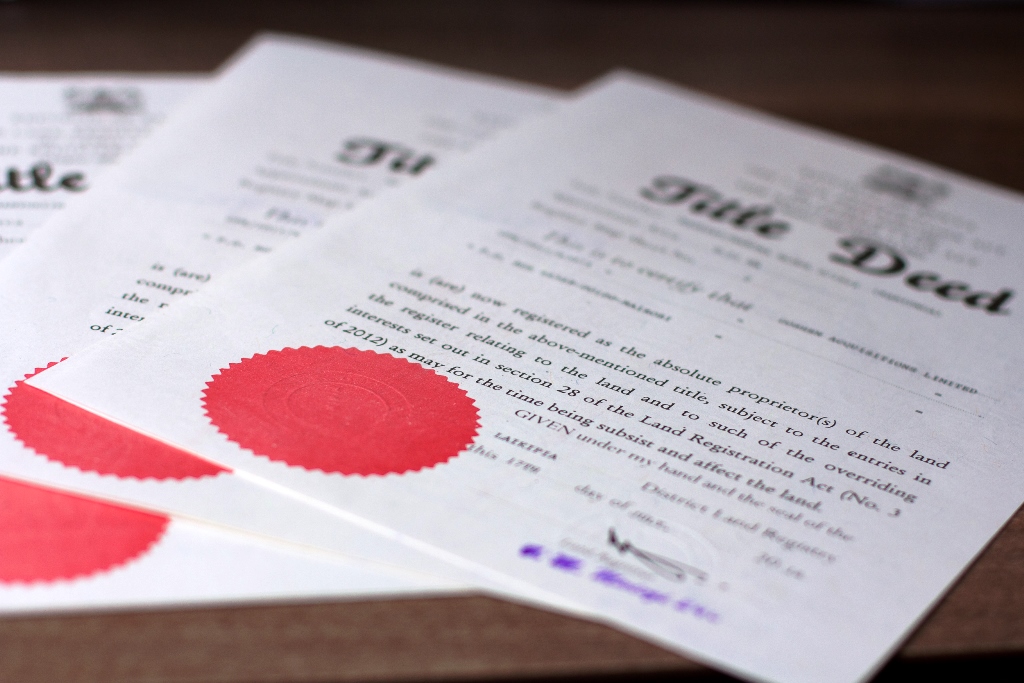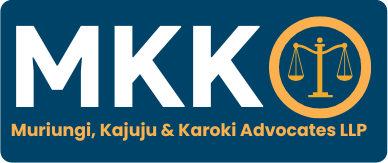
Buying land in Kenya is one of the most significant investments you can make — but before signing any sale agreement, it’s crucial to understand the type of ownership you’re acquiring. In Kenya, land tenure is classified into two main categories: Freehold and Leasehold.
Many buyers overlook this difference, only to discover hidden restrictions or renewal costs years later. This guide breaks down the two forms of ownership and highlights what every buyer should know before committing.
What Is Freehold Ownership?
Freehold (also referred to as absolute ownership) gives you unlimited rights over the land in perpetuity. You own the land forever and can use it for agricultural, residential, or commercial purposes — unless restricted by zoning regulations.
Advantages of Freehold:
-
✅ Permanent ownership — no expiry date
-
✅ Fewer government controls or renewal costs
-
✅ Easier transfer to heirs or dependents
Common in:
-
Rural areas
-
Agricultural land
-
Certain ancestral or community lands
However, non-citizens are generally not allowed to own freehold land under Kenyan law.
What Is Leasehold Ownership?
Leasehold grants you the right to occupy land for a fixed period, usually 50, 66, or 99 years, after which the lease must be renewed with the government (or private landowner if applicable).
Advantages of Leasehold:
-
✅ More common in urban and commercial areas
-
✅ Suitable for developments such as apartments, malls, and offices
Obligations of Leaseholders:
-
Annual land rent payments
-
Compliance with development conditions
-
Renewal applications before expiry
If a lease expires without renewal, the land reverts to the government.
Freehold vs Leasehold at a Glance
| Feature | Freehold | Leasehold |
|---|---|---|
| Ownership Duration | Perpetual | Fixed (50–99 years) |
| Annual Land Rent | No | Yes |
| Controls by Government | Minimal | High |
| Common In | Rural Areas | Urban/Commercial Zones |
| Suitable For | Residential & Farming | Apartments & Businesses |
What Every Land Buyer Should Do Before Purchase
To avoid legal disputes or unexpected costs, always:
✔ Conduct an official land search at the Lands Registry
✔ Confirm whether the title is Freehold or Leasehold
✔ Check remaining lease term (if leasehold) — avoid buying land with less than 25 years remaining unless prepared for renewal
✔ Engage a lawyer to draft and review sale agreements
✔ Ensure land rent and rates are fully paid before transfer
Final Takeaway
Both freehold and leasehold land are legally valid forms of ownership — what matters is choosing the tenure that aligns with your goals. If you want long-term family ownership or farming land, freehold may be ideal. For urban development or commercial ventures, leasehold is the norm — but ensure you understand the renewal process.
Need Legal Guidance Before Buying Land?
At Muriungi, Kajuju & Karoki Advocates LLP, we assist clients with:
✅ Title searches and due diligence
✅ Sale agreement drafting & negotiation
✅ Land transfer and registration
✅ Lease renewal and conversion advisory
Speak to us before you commit — we’ll help you buy land the right way.

